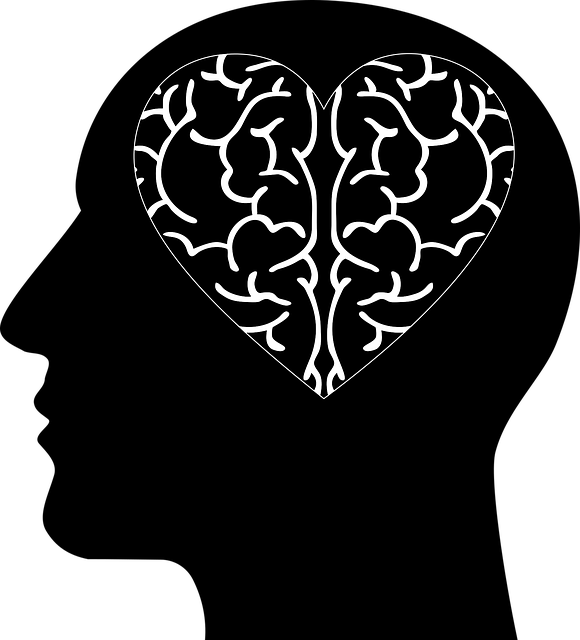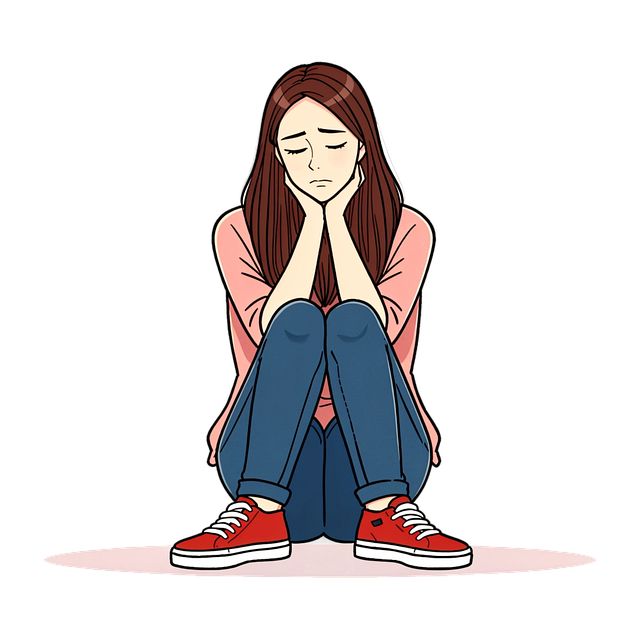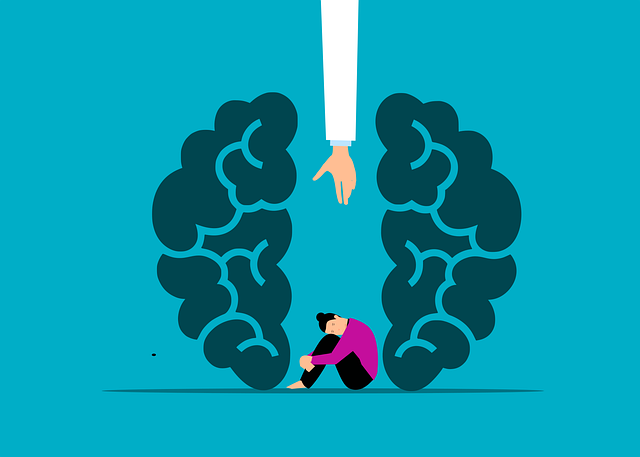Broomfield Men's Issues Therapy leverages group facilitation as a powerful tool for mental wellness, creating supportive spaces where men can connect and share experiences. Through open dialogue, social skill development, and conflict resolution techniques, participants gain tools to navigate interpersonal interactions, addressing society's specific mental health needs. Effective communication, active listening, and non-judgmental attitudes foster trust and empathy, while structured activities, self-care promotion, and cultural competency training facilitate personal growth and healing.
In Broomfield, Colorado, addressing men’s mental health issues has taken on new importance. Group facilitation plays a pivotal role in enhancing therapy outcomes, creating safe spaces for open dialogue, and fostering personal growth. This article delves into effective group facilitation techniques tailored for men’s mental wellness. We explore strategies to establish supportive environments, enhance communication, guide members through healing journeys, and promote meaningful interactions—all crucial components of Broomfield mens issues therapy.
- Understanding the Role of Group Facilitation in Men's Mental Health Therapy
- Creating a Safe and Supportive Environment for Open Discussion
- Effective Communication Strategies to Enhance Group Engagement
- Techniques to Guide and Support Members Through Personal Growth and Healing
Understanding the Role of Group Facilitation in Men's Mental Health Therapy

In the context of Broomfield Mens Issues Therapy, group facilitation plays a pivotal role in fostering mental wellness among men. It provides a safe and supportive environment where individuals can connect with peers facing similar challenges, encouraging open dialogue and shared experiences. This dynamic setting facilitates the development of crucial social skills, enhances conflict resolution techniques, and promotes emotional expression—all essential aspects of holistic therapy.
The group facilitation approach goes beyond individual counseling, offering men opportunities to learn from one another’s journeys. It empowers participants by teaching them effective communication strategies, improving their ability to navigate interpersonal interactions, and ultimately contributing to improved mental health outcomes. Integrating these techniques within the framework of Broomfield Mens Issues Therapy not only complements but also strengthens traditional therapeutic practices, catering specifically to the unique needs and challenges men often face in today’s society.
Creating a Safe and Supportive Environment for Open Discussion

Creating a safe and supportive environment is paramount when facilitating mental wellness groups, especially when addressing sensitive men’s issues in Broomfield. As a facilitator, cultivating an atmosphere of trust and understanding can significantly encourage open discussions. This involves establishing clear boundaries, ensuring confidentiality, and promoting active listening to make every participant feel heard and respected. By fostering a non-judgmental space, individuals are more likely to share their experiences and emotions freely, which is essential for group therapy’s effectiveness.
The Community Outreach Program Implementation can play a vital role in building this supportive network. Through partnerships with local organizations and utilizing Self-Care Practices, facilitators can attract diverse groups of men seeking support. By normalizing conversations around mental health, anxiety relief, and personal struggles, participants may feel more comfortable opening up about their unique challenges, ultimately enhancing the therapeutic value of group sessions for everyone involved, including those considering Broomfield Mens Issues Therapy.
Effective Communication Strategies to Enhance Group Engagement

Effective Communication plays a pivotal role in facilitating engaging and impactful mental wellness groups, especially when targeting men’s issues through Broomfield Mens Issues Therapy. Group dynamics can be complex, requiring facilitators to employ strategies that foster open dialogue and create a safe space for vulnerability. One key technique is active listening, where facilitators demonstrate genuine interest and understanding, encouraging members to share their experiences without judgment. This fosters empathy building strategies, creating a supportive environment essential for mental wellness.
Additionally, utilizing clear and concise language, adapted to the group’s dynamics and cultural backgrounds, ensures everyone feels included in the Community Outreach Program Implementation. Incorporating interactive activities and open-ended questions can also stimulate conversations, allowing members to explore their thoughts and emotions collectively. These communication strategies are instrumental in building camaraderie, strengthening support networks, and ultimately enhancing the overall mental wellness of the participants.
Techniques to Guide and Support Members Through Personal Growth and Healing

Guiding members through personal growth and healing is a cornerstone of effective mental wellness group facilitation. Techniques such as active listening, empathy, and non-judgmental attitudes create a safe space for participants to share their experiences openly. Facilitators can employ structured activities like guided meditations, emotional check-ins, and skill-building workshops to foster self-awareness and resilience. Encouraging members to reflect on their progress, set achievable goals, and celebrate milestones is vital for sustaining momentum.
In the context of Broomfield Mens Issues Therapy, trauma support services play a significant role in facilitating healing. Incorporating techniques like cognitive processing therapy (CPT) or eye movement desensitization and reprocessing (EMDR) can help individuals process traumatic memories effectively. Additionally, promoting self-care routine development for better mental health equips members with tools to manage stress and maintain emotional balance. Healthcare provider cultural competency training is also essential, ensuring that facilitators understand the diverse needs of their participants and deliver inclusive support tailored to each individual’s unique background.
Group facilitation plays a pivotal role in enhancing mental wellness for men, as evidenced by techniques that foster open discussion, safe spaces, and personal growth. By implementing these strategies, Broomfield Mens Issues Therapy can create an engaging environment, encouraging members to heal and develop resilience. Effective communication, guided reflection, and supportive practices are key to unlocking the transformative power of group therapy, ultimately contributing to improved mental health outcomes for men in the Broomfield community.














